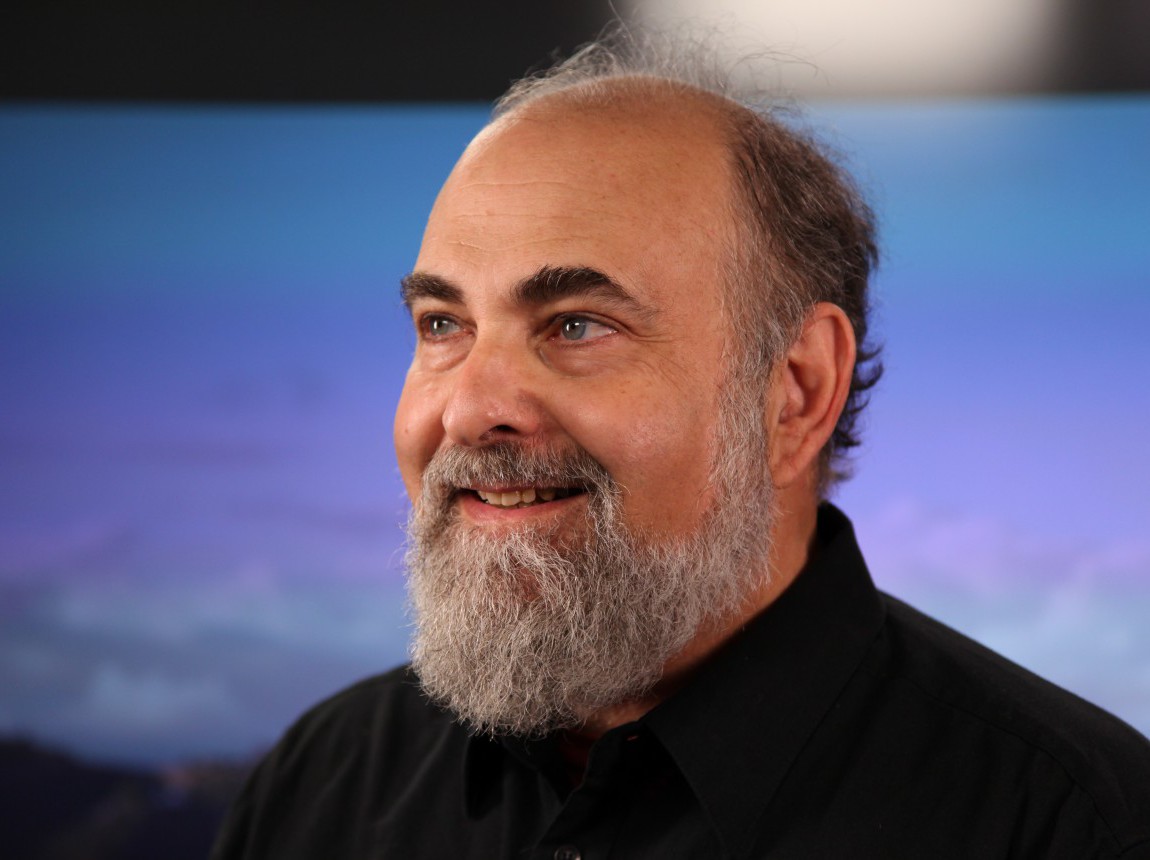Searching for Solutions
Heroin claims 10,000 lives in 2015
Mark Kleiman, a Professor of Public Policy and Director of the Crime Reduction and Justice Initiative at New York University’s Marron Institute, joins John Hockenberry on The Takeaway to discuss the heroin epidemic that is sweeping the nation. The two discuss potential policy changes, the role of physicians, and whether changes in enforcement or decriminalization would lead to a solution. Below are some excerpts from Professor Kleiman:
“So part of what we’re running into here is a drug approval and regulatory process that doesn’t respond well to this type of crisis.”
“It’s a huge policy headache. If you don’t crack down on the pill mills, we're going to wind up with more people addicted to prescription opiates, and when their habit gets out of their financial range, they’re going to trade down to heroin. If we do crack down on the pill mills, the people who can’t get the pills anymore will immediately go looking for a heroin dealer, and the heroine dealer will immediately come looking for them. It’s a kind of pay me know or pay me later situation."
"The thing I would attack first is the Narcotic Addict Treatment Act, which restricts Methodone and LAAM [Long-Acting Methadone], which is the relative of methodone, to the clinic system. [For] almost any other drug, you can get a prescription from your physician. I think if we made the substitutes more available, we could make some progress on the issue and hope that, over time, people will learn about the dangers.
An interesting thing about the current wave of opiate problems is that it almost doesn’t exist in the areas that were heavy heroin areas 40 years ago ... This is hitting primarily white, primarily suburban and rural communities very hard, and inner city black neighborhoods are largely unaffected by it."
To listen to their entire conversation, go here.

